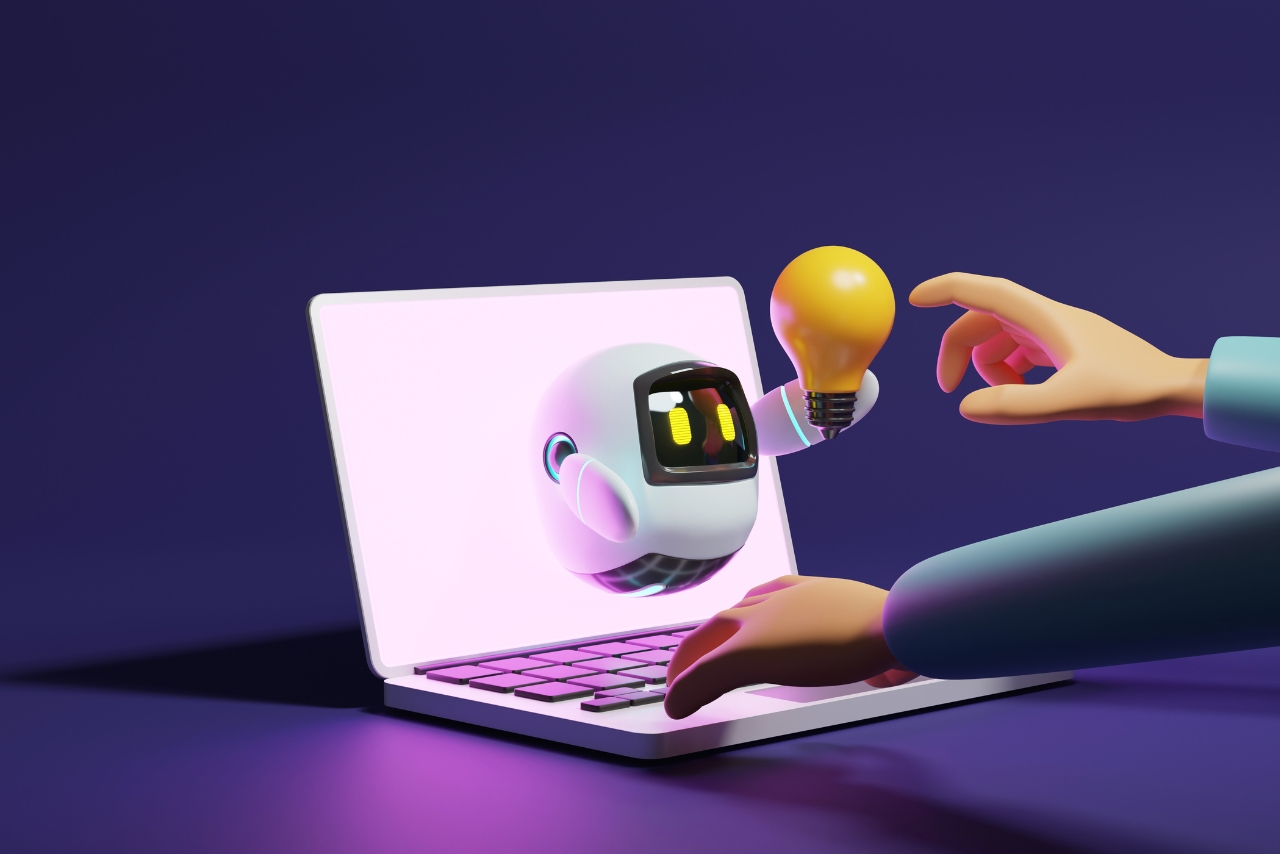Hungarian journalists and copywriters are not afraid of losing their jobs as a result of ChatGPT

Fears and anxieties about automation and the replacement of humans by machines are centuries old. However, in the latest hype around generative artificial intelligence (AI), little has been said about what professionals producing text content expect from AI and how they feel about their jobs and expected careers in this regard.
Lilla Vicsek, Róbert Pintér, researchers at Corvinus, and Zsófia Bauer, former doctoral student at Corvinus, conducted a research study involving 30 interviews with Hungarian journalists and copywriters in the spring of 2023. The paper presenting the results was recently published in the specialised journal entitled International Journal of Sociology and Social Policy. The main lesson from the results is that respondents are sceptical and confident, not worried: they do not view AI as a radical explosion of progress, but as another smaller step in a series of technological advances, as was the case with the appearance of mobile phones or social media.
They underestimate AI and they trust their own abilities
According to them, AI is not an exceptional innovation and is more a means of addition than replacement. They believe it increases efficiency and makes routine work easier, but they believe that human involvement in the creative, intuitive part of work and the cultivation of social relationships remain irreplaceable. The experts spoke with pessimism about ChatGPT: they primarily emphasized its limitations, especially in its operation in Hungarian language and in terms of its hallucinations. They were inclined to project these weaknesses onto the future as well, mentioning that Hungary often lags behind in adopting technological innovations. For example, one of the respondents put it this way:
Even 15 years from now, I can’t imagine that it can replace human creativity.
The media hype around AI exerts an impact on the people interviewed: before the ChatGPT exploded into their lives, they had thought it would only affect manual workers, but after they tried it, they got disappointed and were relieved. They have changed their opinions, and now they consider it conceivable that it will affect their own future, but, contrary the exaggerated media portrayal and based on their own past and professional experiences, only within narrow limits.
The representatives of the two professions perceive that they have no reason to fear for their jobs: on the one hand, because they do not think the innovation is so revolutionary, and on the other hand, because they believe they can adapt to novelties better than those working in other fields. They add that it is a problem primarily for juniors, who do a lot of routine work, that they can be better replaced by AI, e.g. in writing short news stories. (Interestingly, among those involved in the research study, even those who were young and had only a few years of work experience, at most, did not consider themselves junior.) Almost everyone feels that they stand to gain from AI, while others working in the same field stand to lose. At the same time, only a few of them strive to learn new skills actively.
Optimism bias is discussed in academic literature as a cognitive bias in which individuals overestimate the likelihood of positive events occurring to them and underestimate the likelihood of experiencing negative events. This has to be taken into account when trying to understand what people’s expectations are about their work and the future of artificial intelligence,
Lilla Vicsek, sociologist and first author of the study from Corvinus highlighted.
Pessimistic journalist vs optimistic copywriter
Journalists are more concerned that AI can be used for malicious purposes. The question, they say, is to what extent reports prepared by using AI can avoid the trap of disinformation and provide sufficient depth of information. Preventing these problems may require extra work for them, rather than receiving help or being replaced, so AI may also have a detrimental effect. They emphasize that AI has a particularly poor performance in terms of investigative journalism, fieldwork, and credible, ethical reporting.
In the West, it will be used primarily as a tool by the market and, in the East, it will be used as a tool by those in power. In the East, it will be more of a propaganda tool,
one of the respondents said.
Copywriters – who, compared to journalists, already actively use AI in their work – are, by contrast, more open to incorporating AI into their workflows. They view AI as a tool to increase the efficiency of creativity and content production, e.g., in the automatic transcription of oral interviews or the rapid retrieval of basic background information. This, they say, opens the way to “craft” writing, where there are few boring and repetitive tasks. At the same time, some representatives of the profession believed that, in the long term, their jobs could even disappear altogether, while all the journalists interviewed considered this impossible.
The future of jobs is a complex issue, not a zero-sum game between humans and machines. In many cases, the AI will work with professionals, while in other cases it may replace them. This will be determined by the future, which will also be influenced by how the employees themselves affected in their fields view the place of AI in their professional future. This is why research that deals with subjective experiences is important and fills a gap
Lilla Vicsek emphasized.